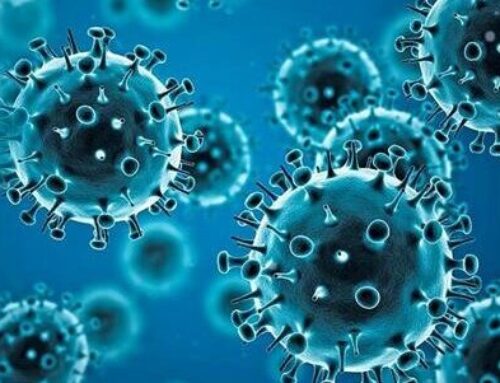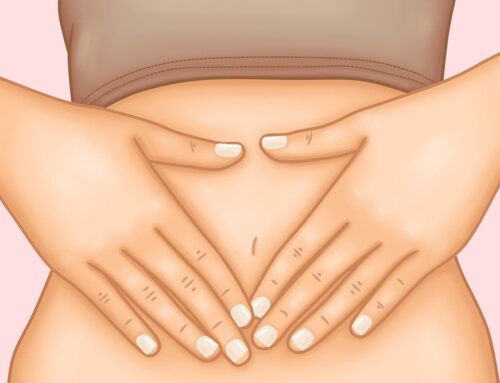Fad diets are generally defined as strict, kilojoule-controlled food plans that promise weight loss in the short term.
In most cases they will deliver, based on the principle that if energy input (food) is less than energy output (metabolic requirements and exercise) the body will breakdown its stores to provide energy for its metabolic requirements. Sounds straightforward, but there are many other mitigating factors to consider and short term gains can often be not only unsustainable, but detrimental in the long term.
Weight loss v fat loss: Rather than a question of weight loss, the discussion should be around fat loss. A well-muscled athlete can weigh the same as a sedentary couch potato but each has a different body composition. It is not muscle tissue that causes strain on joints, or increases the risk of type II diabetes and heart disease. It is fat, and in particular visceral fat, that gradually builds up over years, in and around our organs and blood vessels, that leads to chronic disease and obesity.
The Basal Metabolic Rate (BMR) is a key factor in reducing body fat. The BMR is a figure that represents the number of kilojoules the body needs per hour, at rest. This is the amount of energy required to maintain all the body’s vital functions such as body temperature, blood circulation, breathing, brain function etc. The BMR is influenced greatly by one’s lean mass as muscle tissue consumes much more energy than fat tissue. Nourishing one’s muscle tissue through healthful food and exercise will naturally increase the BMR and promote fat loss. Fad diets that deprive the body of necessary kilojoules cause the body to conserve its energy stores and limit energy expenditure. The BMR is down-regulated, resulting in reduced body temperature, heartrate and respiratory rate as well as reduced capacity to burn body fat.
The question of protein: Proteins play a critical role in virtually all biological processes in the body. They are essential for the digestion of food, production of hormones and immune antibodies, as well as the building and repair of tissue. They provide structure to bones, muscles, skin, hair and nails, and they help to balance the pH of the blood and other body fluids. If a strict fad diet does not provide adequate protein in food, the body cannot make extra proteins from its fat stores. Most fats do not contain nitrogen (the defining element in amino acids; the building blocks of protein) so the body’s only option is to break down muscle tissue to supply the necessary amino acids. This results in weight loss per se, but has a detrimental effect on the muscle/fat ratio in the body.
The influence of hormones: Recent studies have shown that kilojoule restriction, in itself, is stressful to the body and causes an increase in the total output of the stress hormone, cortisol, from the adrenal glands. Cortisol simulates the breakdown of stored glycogen to glucose, to provide the body with sufficient energy to face the perceived “stress”. Elevated glucose, in turn, stimulates the secretion of another hormone, insulin, a well-known fat-storage promoter. Because of this cycle, it is argued that fad diets may actually have a counter-productive effect in terms of fat loss.
Unfortunately, we consumers are largely to blame for the continued popularity of fad diets, as we demand quick-fixes and immediate results. A more sustainable approach to fat loss is one where foods with low nutritional value such as packaged, processed and fast foods are removed and replaced with fresh whole fruit, vegetables and grains, and where meat products are treated as a condiment, rather than the centrepiece of a meal. Combined with sensible portion control and exercise, the body will gradually and naturally transform to a leaner, healthier state.









